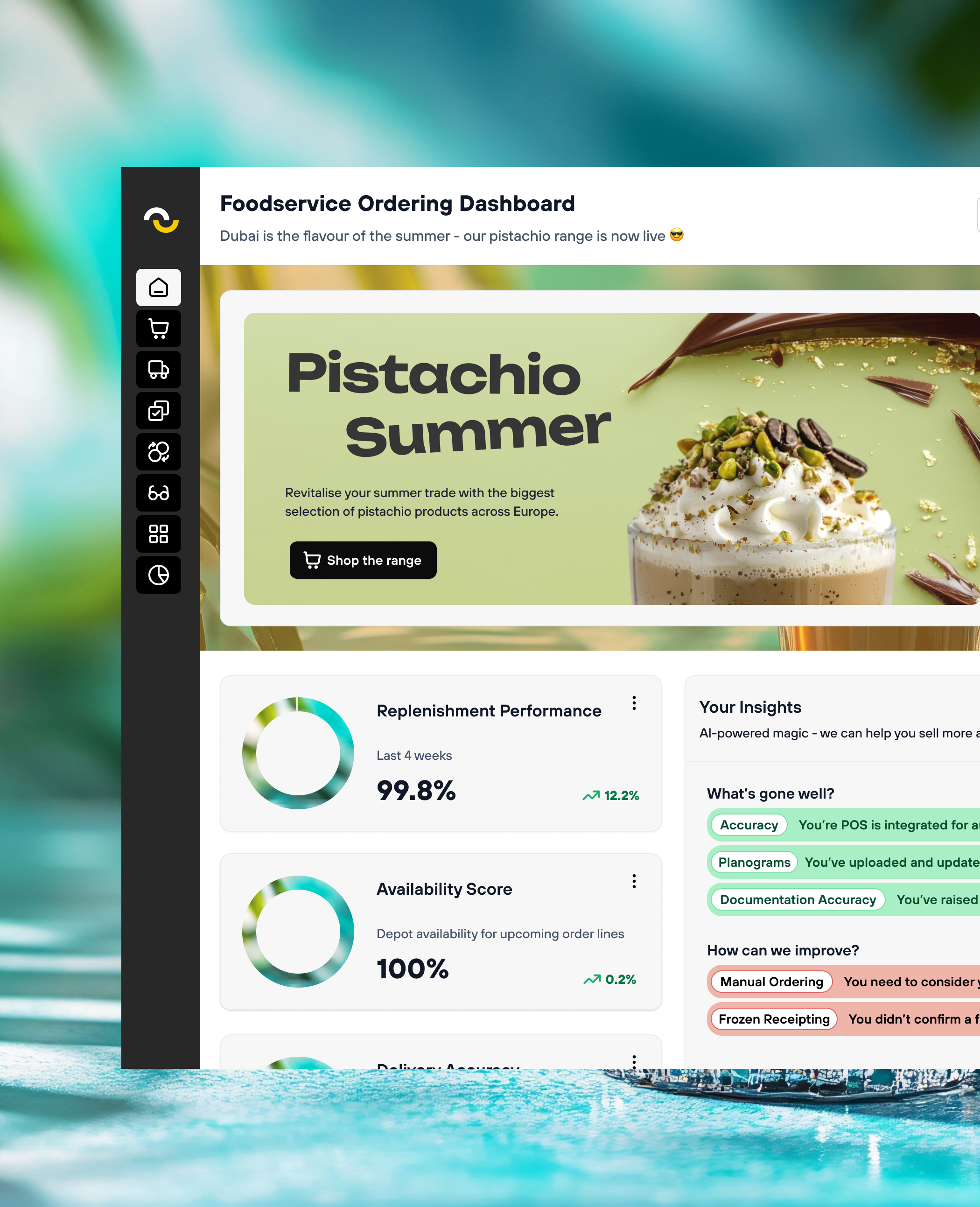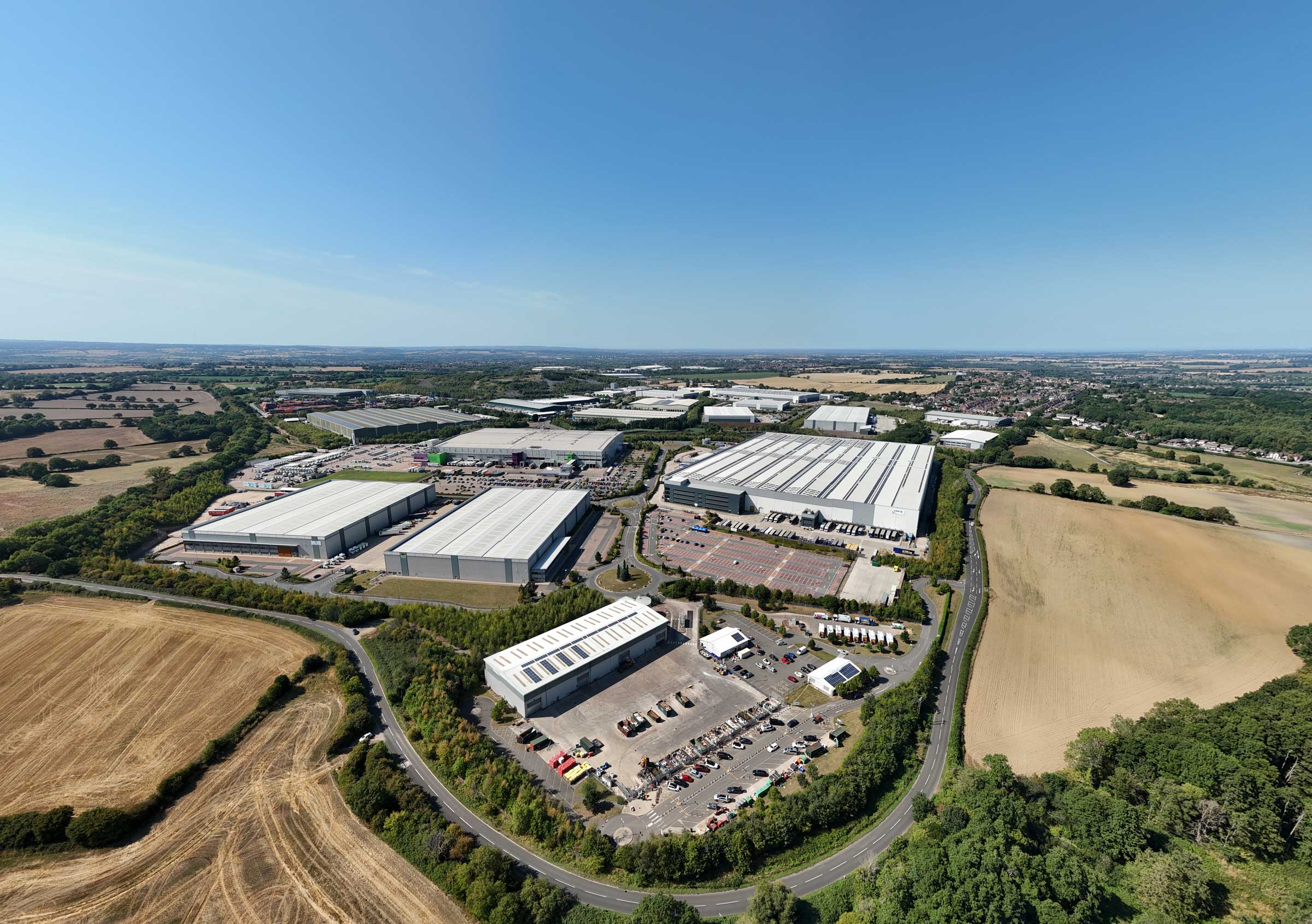We recently sponsored an insightful webinar with In the Circle, looking to see how technology and collaboration are helping to deliver significant progress for retailers. It’s something that we feel passionately about, that sustainable credentials have to stack up in any business of any size in order to stay successful for the long haul.
From a recent study of 2,5000 businesses, the reasons to ‘go green’ came down to three core reasons - keeping up with competitors, changing regulations (such as the government’s 2050 net-zero ambition) and operational efficiency. But are there other benefits?
A connected workforce
A connected workforce sounds like the job of an HR team or an employee benefits solution, but sustainability can be used to connect groups and create a purpose. Purpose is defined as “an organisation’s meaningful and enduring reason to exist that aligns with long-term financial performance, provides a clear context for daily decision making, and unifies and motivates relevant stakeholders.” Green credentials certainly fit the bill.By championing a goal in either ethical best practise or sustainability in the form of ‘going green, businesses can create simple ways for teams to engage with each other and have a common goal, despite their different positions. We have certainly seen these results with our Orderly scorecard, a positive and exciting way to get teams engaged in sustainable, waste eliminating activities.
“It's the essence of who you are. Purpose is the fundamental essence of an organisation.”
Alison Sharpe former director of corporate affairs at PwC
Going green is even great at attracting employees. The best talent doesn’t just want a job anywhere. They want to work somewhere that’s making positive changes. In a multi-generational study of over 2000 UK workers with a published report, Decade of Disruption: Future of the Sustainable Workplace in the Age of Covid-19 and Climate Change, 65% said they were more likely to work for a company with strong environmental policies. On top of this, 63% of employees expressed the desire to learn more green skills to become more valuable in the workplace.
More consumer interest – driven by manufacturing
In retail, it’s not just brand owners driving the change, but consumers and manufacturers. With a cynical eye, there is a financial benefit in manufacturers being sustainable to appeal to savvy retailers. CSB found a 50 per cent of sales growth among consumer packaged goods (CPG) between 2013 and 2018 came from sustainability-marketed products, despite them representing a far lower percentage of all products available. Hence, for a manufacturer, the ability to create products that fit the bill for green. Credentials are best placed to scoop up business for retailers looking for quick wins.
The cool factor
For consumers, there’s an air of cool about being a conscious consumer and picking brands who have the proper credentials says something about our values. Brands like Good On You, who have created a directory of companies and marked their sustainable credentials in labour, animals and environmental practices, make it easy for consumers to easily switch to a brand in the see style or price bracket with better credentials. Will this interest continue into the next generation of online shoppers?There’s a risk of simplifying the argument and categorising the whole of Gen Z as conscious consumers who prefer ethical companies.
However, that's 2 billion people in one group– and with most of us unlikely to find two matching personalities at a cocktail party, suggesting all of Gen Z are the eco drivers of the future is probably too easy to do. Nevertheless, many do - a Forbes report indicated that 62 per cent of Generation Z prefer to buy from sustainable brands.Yet as you will know from your own experiences, what you say may not be what you do.
One study that looked at a massive sample of 14,500 Generation Z consumers in the US and 3,000 in the UK suggested that instead of an ethical appeal, it was, in fact, style and 'new ranges' that they sought out. Instead of the ethical leaders, brands like Nike, Zara, and fast fashion brands stood out as their favourites.The good news? A willingness to be green is already there. As Gen Z become cash-rich and enter the workforce, their buying decisions may change. If they are spending time in a workplace focused on sustainability, surrounded by ever-increasing ranges of food, clothing, and even whole shops designed with green principles – and teamed with ongoing government regulation, Gen Z may indeed keep considering being green ‘cool’ – and offer us all a brighter future in the process.
Operational savings
Finally, when it comes to business, leaders can make huge savings by having a sustainable mindset, something that will make any shareholder’s ears prick up .Orderly’s fully integrated supply chain solution makes forecasting, order and inventory management easy - integrating seamlessly with your existing IT infrastructure, eliminating any need for manual processes and spreadsheets whilst providing your customers with a seamless experience.
This one toolkit you purchased for sustainability suddenly cuts back on other administrative burdens you may have had, saving you time, manual errors and making tasks like inventory management automated and straightforward. In addition, you can offer the system to new employees, shout about your purpose and goals, and attract consumers.
Are you ready to see Orderly in action? We’d love to show you how it works. Click here to reach us for a demonstration.










.svg)

.svg)
.svg)